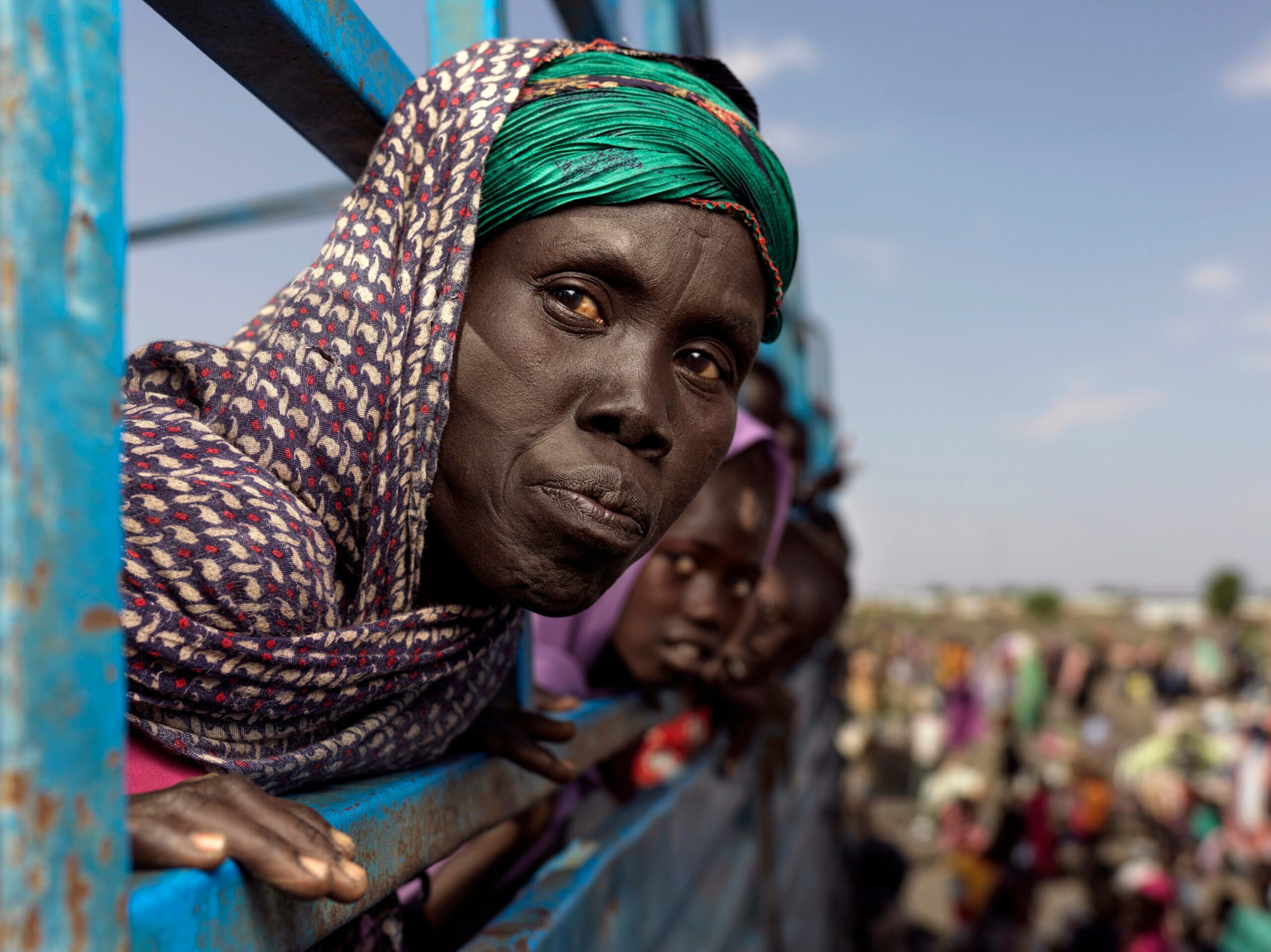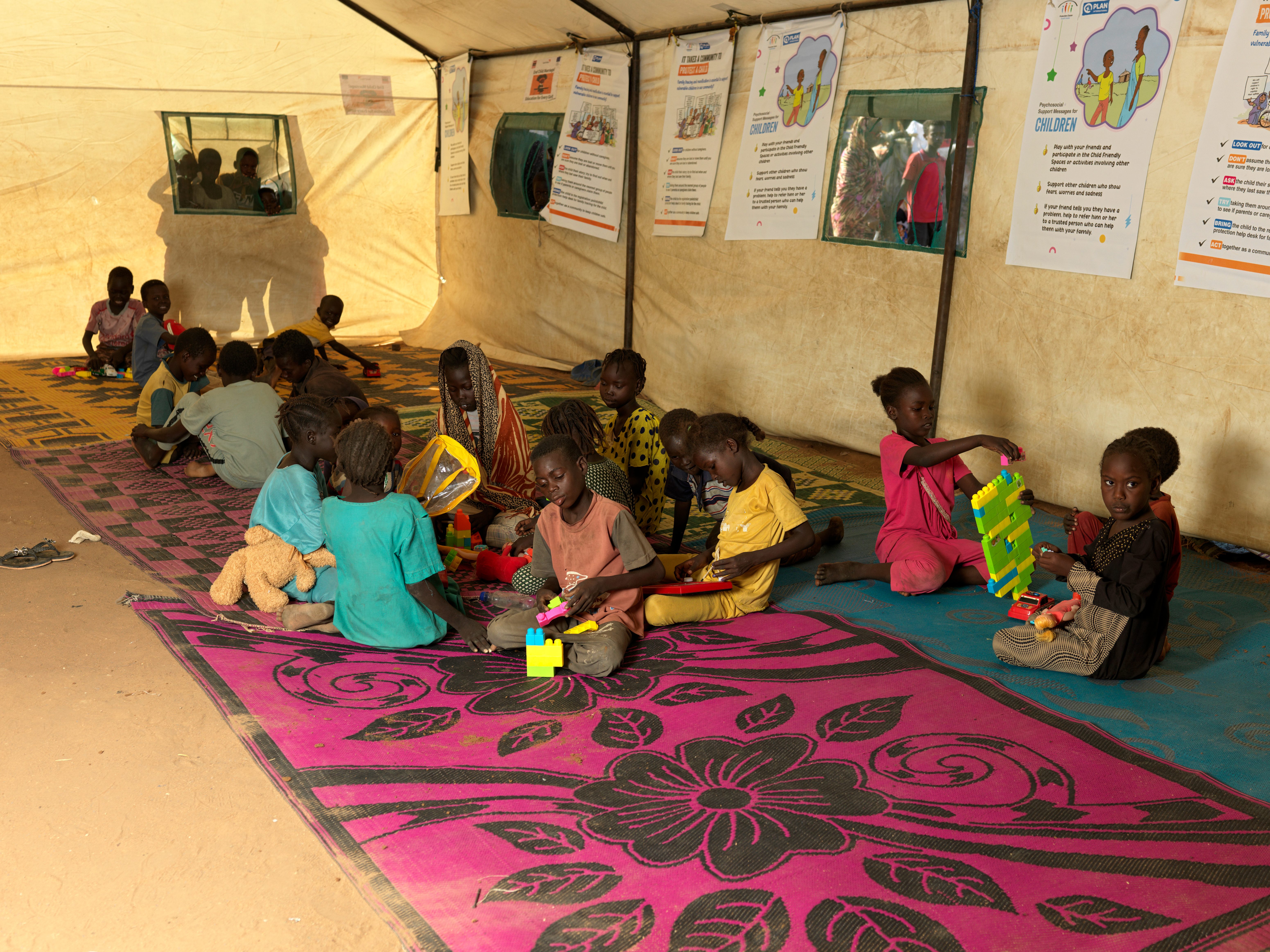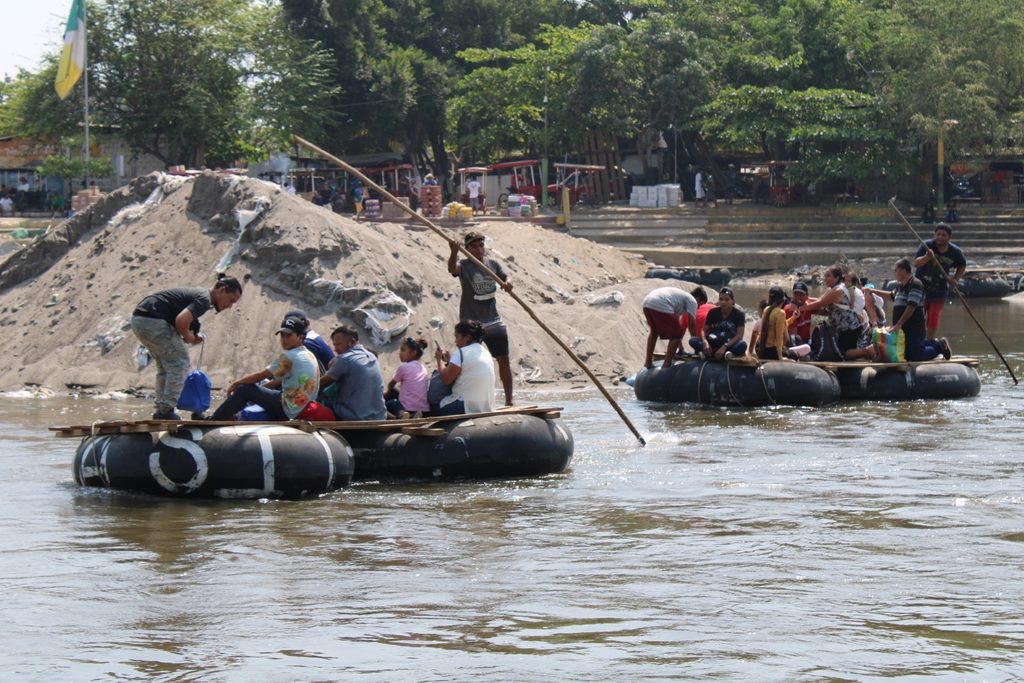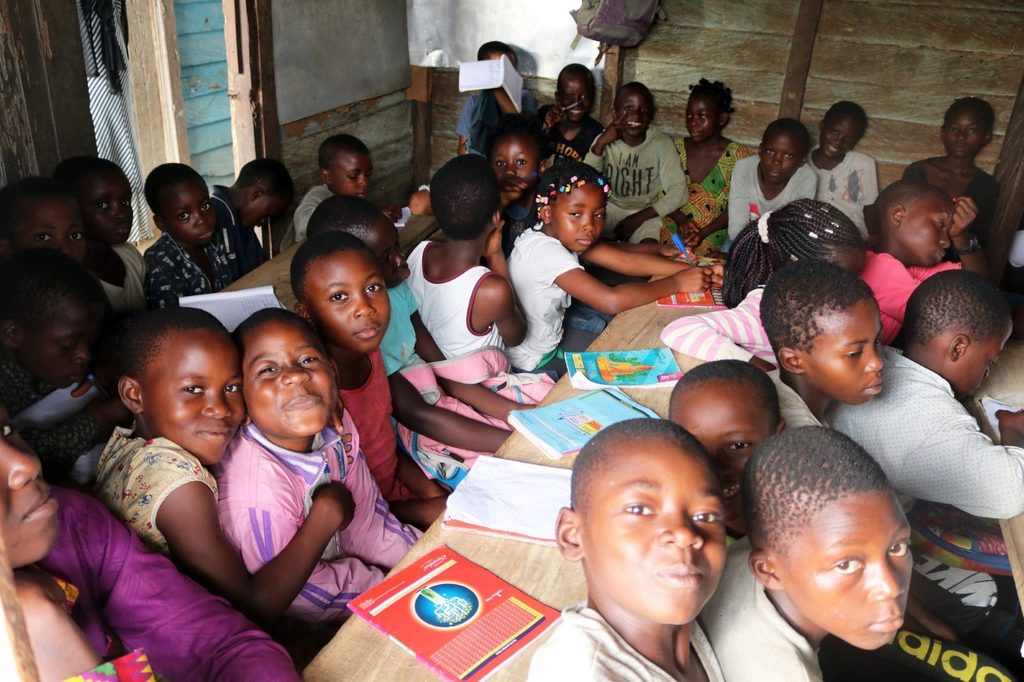World Humanitarian Day 2024
An urgent reminder of the immense challenges faced by the global humanitarian community
19 August 2024To mark this year’s World Humanitarian Day, we asked staff at Plan International’s UN Liaison Offices to explain why the day is important to them.

Over a year of conflict has cast Sudan into a catastrophic humanitarian crisis. Photo credit: Plan International / Peter Caton
Each year on August 19, World Humanitarian Day (WHD) commemorates the humanitarian workers who have lost their lives or been injured while serving others and recognises the invaluable contributions of aid and health workers who provide essential support and protection to vulnerable populations. Considering the record number of humanitarian and health worker fatalities in 2023 and 2024, this is needed more than ever.
To mark this year’s World Humanitarian Day, we asked staff at Plan International’s UN Liaison Offices to explain why the day is important to them.
Charlotte Stemmer, Head of Office for Plan International United Nations Liaison Office in Geneva:
For me, WHD is an important moment to take stock of the current global humanitarian situation. Working on humanitarian issues, it is hard to not feel overwhelmed by the current challenges – an increasing number of complex conflicts often leading to protracted crises, the impacts of climate change hitting the most vulnerable people the hardest, a huge shortage in funding for humanitarian response and a lack of respect of International Humanitarian Law (IHL) and human rights law.
Humanitarian crises also drastically exacerbate gender inequalities such as increased child marriage, lack of education, violence and exploitation. I was shocked to hear that 500 girls and women die in emergency situations from complications due to pregnancy and childbirth every day.
While some crises make the news headlines, Sudan, a country where I took my first humanitarian deployment nearly 20 years ago, is now in the midst of a brutal conflict with little media attention – despite being the largest displacement crisis globally, as well as the largest child displacement crisis with children representing a shocking 55% of the internally displaced. Famine is now confirmed in parts of North Darfur. Plan International is working in Sudan to support feeding programmes, educational initiatives, and protective services that shield children from the worst impacts of this crisis.

Through my humanitarian work, I have been humbled by the children, families and local communities and authorities that I have met. Despite unimaginable challenges, they demonstrate incredible resilience and agency, leading humanitarian responses in their communities. Women and youth leaders in Uganda are at the forefront of the refugee response, ensuring that girls affected by displacement can return to school and access the services they need.
But the global community must do much more. Through Plan International’s offices at the United Nations, we advocate for peaceful resolutions to end crises, hold leaders to account to uphold IHL and human rights law, prevent and end grave violations against children in conflict, and to tackle climate change.
Humanitarian donors and organisations also need to listen more – to the girls, children, women and communities in crisis – despite their desire to contribute to solutions that impact their lives, they are rarely consulted and are often excluded from decision-making processes. In Geneva, the Plan International UN Liaison office is committed to bringing the voices of the communities we serve to global humanitarian policy processes.
“Humanitarian crises drastically exacerbate gender inequalities such as increased child marriage, lack of education, violence and exploitation.”
Charlotte Stemmer

Debora Cobar, Head of Office for Plan International United Nations Liaison Office in New York:
Each time a crisis takes place, we face different challenges that put us in situations of vulnerability and make us reflect on the importance of having a support network to help us face them in solidarity. World Humanitarian Day is a recognition of the thousands of often anonymous heroes who risk their lives every day to help others.
I come from one of the most vulnerable regions in the world, Central America. Through my work over the years, I have seen how investing in the education of community members, including children and youth, can prevent loss of life. In one community that suffered from frequent flooding, for example, we were able to implement warning mechanisms and an action plan that allowed its members to save their livelihoods. Crises and emergencies can happen to all of us, at the most unexpected times, but their impact varies depending on vulnerabilities that can exacerbate the situation. Humanitarian response is fundamental to providing assistance in a timely and efficient manner. Now, more than ever, we must continue and strengthen our efforts, but unfortunately, we have seen how the resources allocated to provide this assistance have been insufficient or, even worse, have been blocked because of different interests that ultimately affect those who need help most. This is unacceptable!
I want to emphasise that humanitarian aid is everyone’s responsibility. It is also one of the most human and beautiful gestures we have, where we support each other in the moments when we need it most. That is why those of us who are involved in this work consider ourselves fortunate.
The needs and challenges are many, but it is impressive to see how people support each other and respond immediately. This gives us hope and more energy to move forward. Let’s celebrate this World Humanitarian Day together!
Mohamed Djingo, Peace and Security Policy and Advocacy Advisor for Plan International United Nations Liaison Office in New York:
World Humanitarian Day is a moment to recognise and honour the sacrifices and contributions of those who work tirelessly in the face of adversity. It reminds us of the power of humanity, empathy, and solidarity during times of crisis. For me, it’s a chance to reflect on the incredible individuals I’ve had the privilege to work alongside and the resilient communities fighting for a brighter future. It’s also an opportunity to call for action, urging everyone to support humanitarian efforts, advocate for peace and justice, and protect children from grave violations.
As we commemorate this day, I’m reminded of the profound impact of human connection and the difference we make when united by a common purpose. Humanitarian work extends beyond delivering aid; it’s about building bridges, fostering hope, and empowering communities. I’ve witnessed the resilience and strength of communities that refuse to be defined by the challenges they face. Their stories have taught me the importance of empathy, understanding, and action.
This World Humanitarian Day, I’ve been reflecting on my deployment to the Northwest and Southwest (NWSW) regions of Cameroon last year. There, I heard firsthand from communities affected by the NWSW crisis and witnessed both their immense challenges and their inspiring resilience.

The conflict in NWSW Cameroon is marked by human rights violations, short-term displacements, and pendular movements driven by violence and hostilities between conflicting parties. It began in 2016 with peaceful protests against the marginalisation of Anglophone teachers, students, and lawyers. These protests were met by force and escalated into an armed conflict as pro-independence fighters sought to establish the Anglophone state. Since then, the situation has worsened due to the emergence of new armed factions, increasing criminal activities, and forced displacement.
Despite these challenges, what stood out most is the unwavering determination of the Cameroonian people and the humanitarian workers dedicated to making a difference. These individuals truly embody the spirit of World Humanitarian Day—showing courage, compassion, and an unwavering commitment to helping others. I had the privilege of working with dedicated Plan International colleagues in Bamenda and Yaoundé and meeting local partners, including peacebuilders, who risk their lives to provide essential aid. Among them is Esther O, a devoted and courageous advocate for peace who has initiated peace initiatives in conflict zones, and ensuring women’s voices are heard in peace talks, despite the significant dangers and obstacles. Her work exemplifies the core of humanitarianism.
“Humanitarian work extends beyond delivering aid; it’s about building bridges, fostering hope, and empowering communities. I’ve witnessed the resilience and strength of communities that refuse to be defined by the challenges they face.”
Mohamed Djingo
Similarly, I remember visiting a village in the Southwest region where I met a local community leader who has personally funded from his salary an emergency shelter to provide refuge for those fleeing conflicts, particularly focusing on children and women. Despite limited resources and ongoing threats, he remains dedicated to providing shelter and a sense of hope to people in need.
While individual stories of resilience are inspiring, the broader picture is a testament to the power of collective action. Numerous local and international organisations are actively involved in providing humanitarian aid, supporting displaced families, advocating for peace, and working towards sustainable solutions to end the NWSW crisis. These efforts, coupled with the work of countless grassroots organisations and volunteers’ powerful networks, provide hope and support for the people of Cameroon.
As we honour World Humanitarian Day, let us commit to advancing humanitarian advocacy by spotlighting neglected crises and amplifying unheard voices. Stand in solidarity with those working to address crises worldwide, support their critical work, and ensure it receives the attention and the funding it deserves. Together, we can strive for a future where peace is within reach for all, and no one is left behind.
World Humanitarian Day should inspire each of us to contribute in whatever way we can, supporting those in need and standing with communities striving for peace and dignity. Together, we can make a meaningful difference.
Categories: Emergencies, Protection from violence


